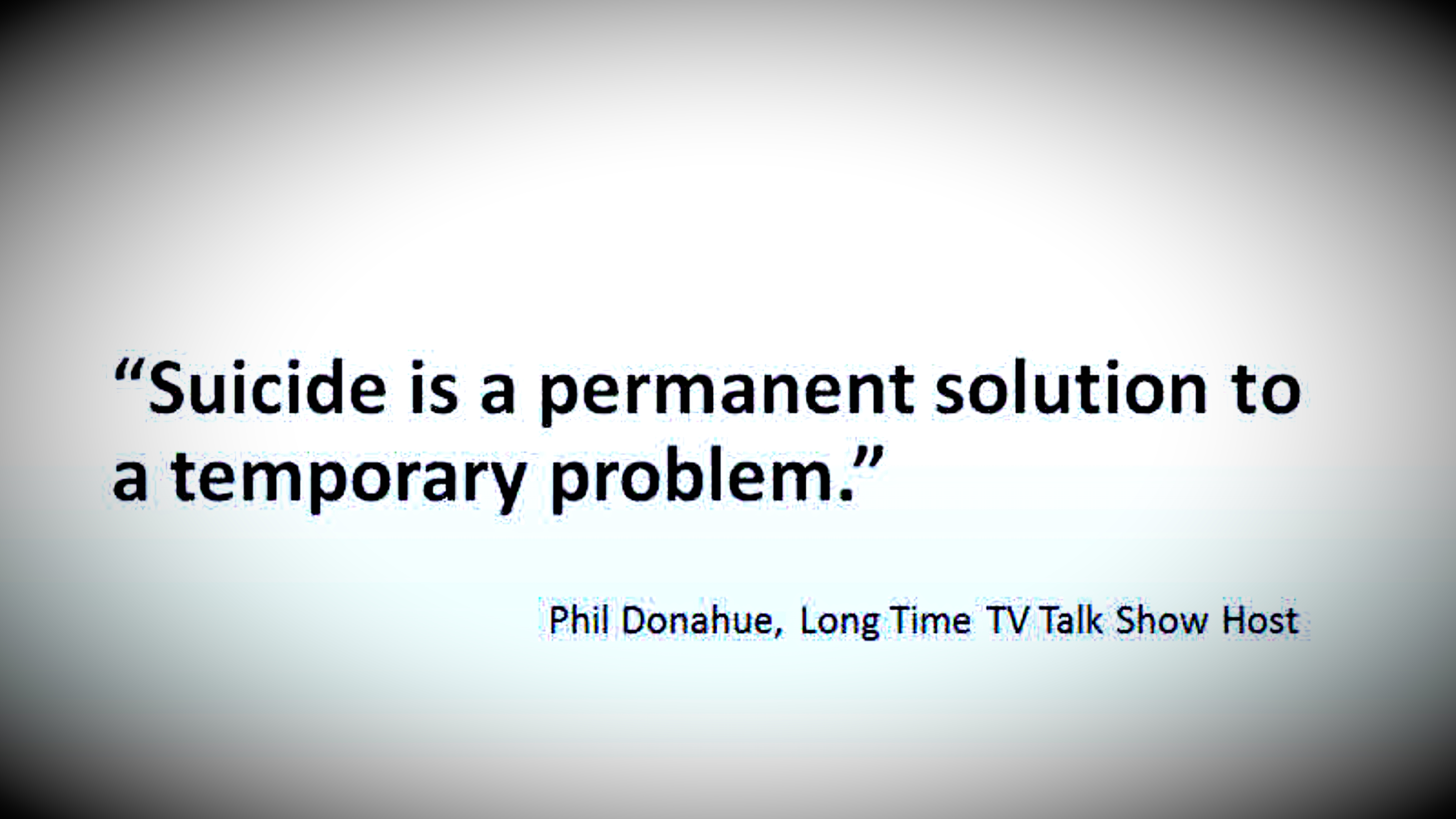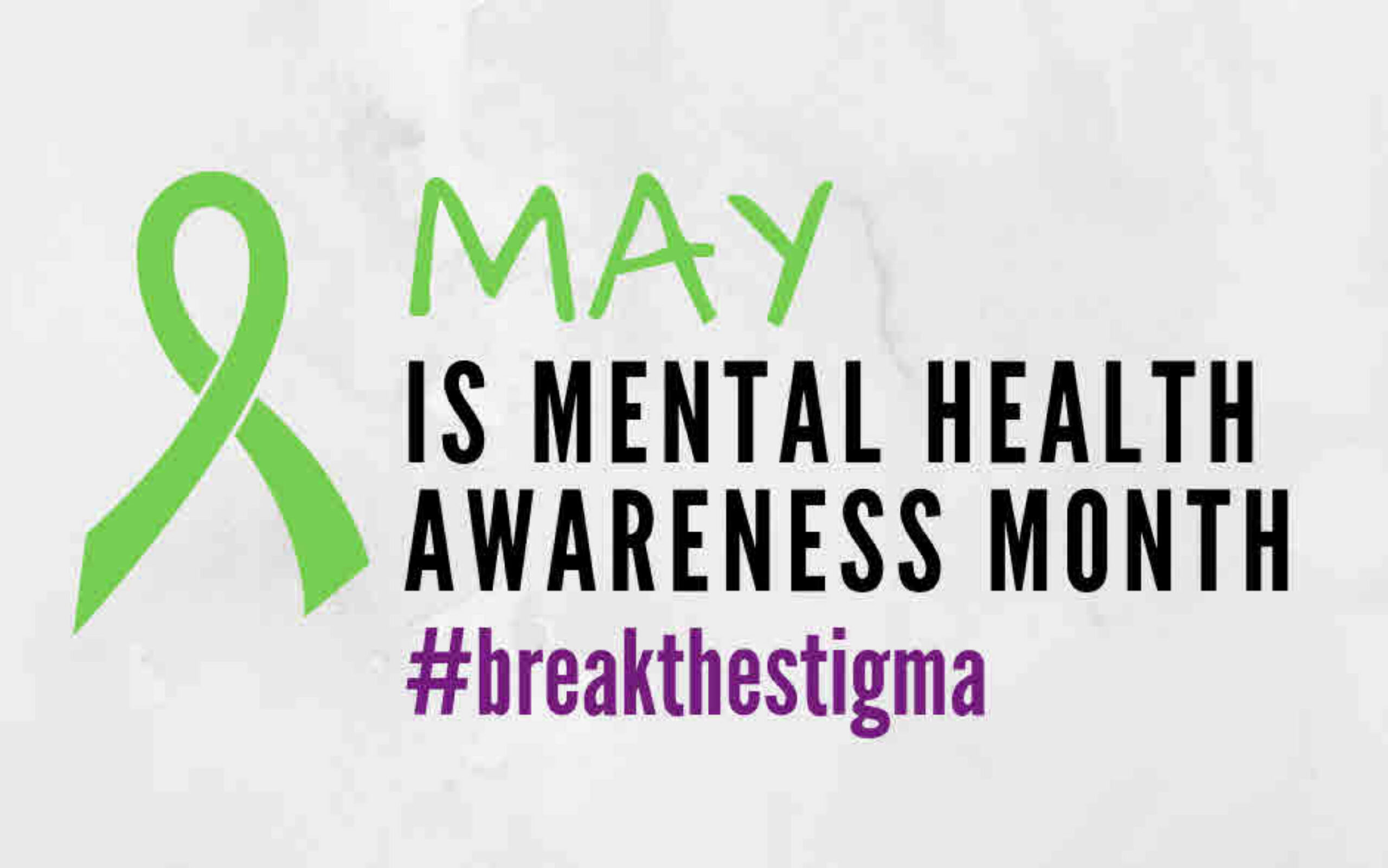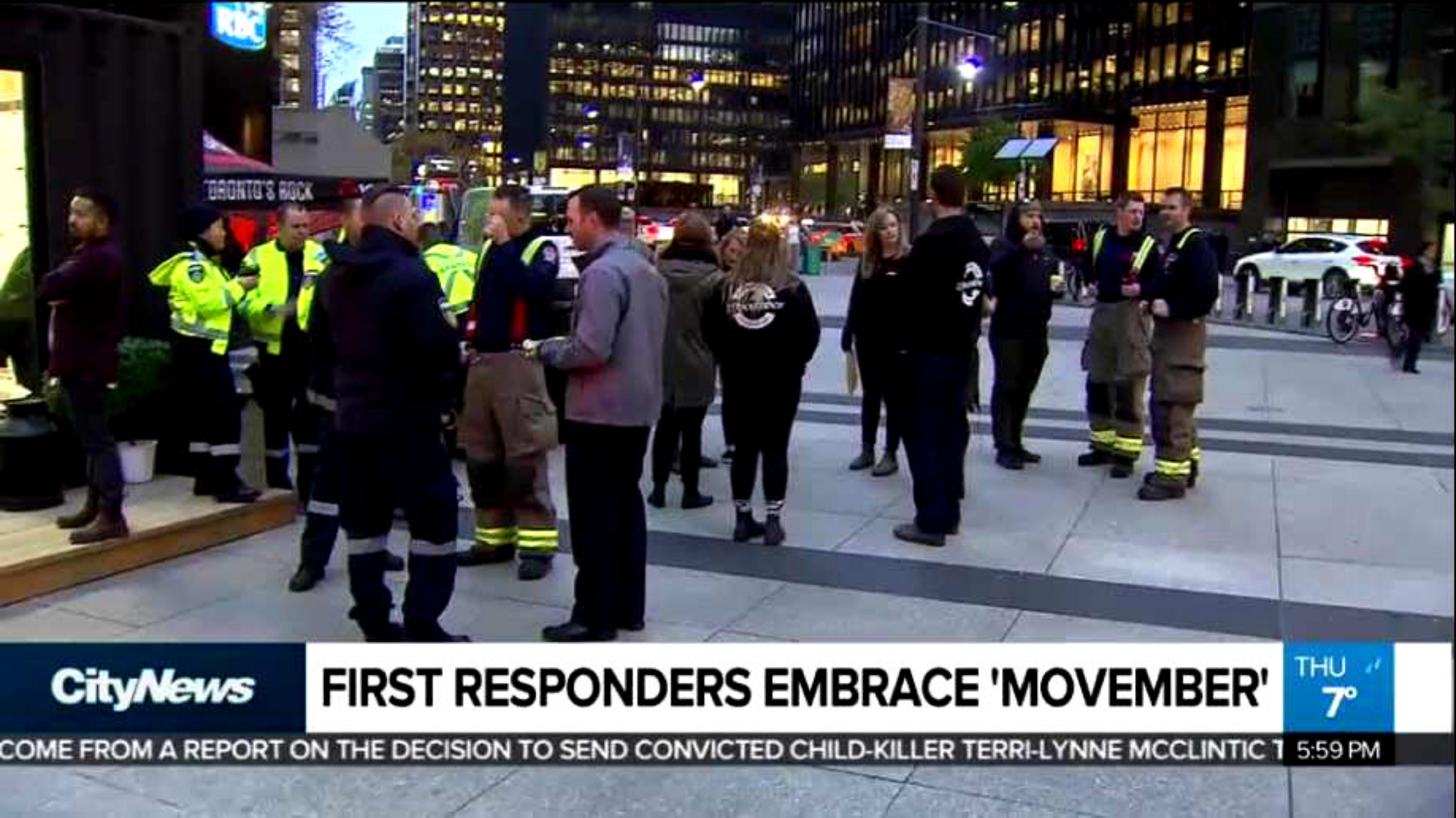
Co-founder and CEO, Harry’s Inc.
The statistics are staggering: For young men aged 15 to 24, #suicide is the second-leading cause of death in the United States.
That means #men commit #suicide at a rate that’s 3.5 times higher than #women. The rate is even higher among male #Veterans and the #LGBTQ community. The social #stigma that mires the conversation around #men’s #mentalhealth applies to brands and corporations as well.
I co-founded the #men’s care brand Harry’s with my long-time friend Jeff Raider in 2013. We’ve always given 1% of our sales to nonprofit organizations, but until very recently we hadn’t quite figured out how to evolve our social impact model, and where to focus our efforts. #Mentalhealth—and #men’s #mentalhealth particularly—is a serious public health issue. More people worldwide die of #suicide than war and violent crime combined. And yet it receives relatively little attention by way of corporate philanthropy. Given the #stigma, I understand why.
#JamesDonaldson notes:
Welcome to the “next chapter” of my life… being a voice and an advocate for #mentalhealthawarenessandsuicideprevention, especially pertaining to our younger generation of students and student-athletes.
Getting men to speak up and reach out for help and assistance is one of my passions. Us men need to not suffer in silence or drown our sorrows in alcohol, hang out at bars and strip joints, or get involved with drug use.
Having gone through a recent bout of #depression and #suicidalthoughts myself, I realize now, that I can make a huge difference in the lives of so many by sharing my story, and by sharing various resources I come across as I work in this space. #http://bit.ly/JamesMentalHealthArticle
There are a lot of reasons why statistically, #men are less likely to learn about #mentalhealth, or seek treatment for themselves or for others. The social #stigma that mires the conversation around #men’s #mentalhealth applies to brands and corporations as well.
For many companies, social impact is an opportunity to kill two birds with one stone: Do good in the world, and rally behind a cause that makes their customers and employees feel good. By definition, #mentalhealth requires us to confront all manner of struggles. #Mentalhealth, or #mentalillness, rather, often causes people to feel badly.
We identified some main challenges in devising our social impact plan, which we hope can help more brands rally behind the cause:
First, the topic of #mentalhealth can feel dark, which makes it inherently less attractive for a brand to take on. Causes that desperately need attention, like #mentalhealth, sometimes don’t feel as good as other causes, which is why they’re often passed over.
It’s far easier to tell an inspiring brand story about investing in children’s education, or saving the environment than it is to talk about #anxiety or #depression. As brands, we’re incentivized to maximize for the brand, not for impact on a standalone basis.
So, when the idea to invest in #men’s #mentalhealth was first brought to my attention, I hesitated.
Do we want to be a brand that’s associated with #suicide?
Second, the issue of #mentalhealth is complicated and nuanced. It’s difficult to figure out where to focus investment to drive the most impact, and then how to measure that impact. Unlike tallying the total number of socks donated to homeless shelters, or meals served to the hungry, it’s challenging to objectively measure impact of #mentalhealthservices. Is it the number of #suicides prevented? The number of lives or communities improved? The number of relationships saved? Those figures are nearly impossible to track and measure, and there are lots of confounding variables that influence the results. How would we set goals and track progress? What proof points could we serve up as evidence of our effort?
Third, investing in #men’s #mentalhealth necessarily means helping #men—a group whose causes are, generally speaking, unpopular relative to other demographics. We tend to roll our eyes at the notion that #men are in need or deserving of help, in large part because men do enjoy privilege— particularly straight, #whitemen like me. Yet the data suggests that when it comes to #mentalhealth, #men are one of the groups that is most in need of help.
Given the current zeitgeist, does this feel like the right cause to align ourselves with?
Lastly, if you take on a cause like #mentalhealth as a brand, you also have to walk the walk, internally. I’ve learned that being best-in-class when it comes to #mentalhealth is not as simple as offering flexible time off and meditation classes, though those things are certainly a step in the right direction.
A #mentalhealth road map
There’s no tried-and-true roadmap to cultivate a corporate environment where employees feel equally as comfortable calling out of work because they’re feeling depressed as they would if they had the flu.
Today at Harry’s, #mentalhealth isn’t treated with as much gravitas as physical health, though I hope one day it will be. Should we wait until we’ve made progress on this front in society, before taking on a cause like this?
For all of these reasons and more, deciding to focus on #men’s #mentalhealth as a cause wasn’t easy. And there were certainly other less stigmatized, less complicated, and more sympathetic causes we could have focused on, with a clearer path to scale and measurability.
Ultimately, though, we couldn’t ignore what we believe is an epidemic. I’ve been a part of these conversations, and I’ve seen the headlines and the hard statistics.
The efforts of Harry’s alone won’t come close to solving the #mentalhealth crisis currently afflicting men. But I am heartened by the possibility that we can change the lives of half a million guys and their families and communities.
I hope that our decision to focus on #men’s #mentalhealth, and to focus on direct impact—like revamping The Trevor Project’s volunteer training program or providing therapy to #veterans and their families with Headstrong—will encourage other brands to do the same. I hope that it encourages individuals to not only seek out the help they need, but also inspires folks to take action by writing to their representatives to make access to life saving support easier. Every effort counts.
The topic of #mentalhealth is dark. It is complicated. And especially when it impacts #men, it isn’t the most sympathetic cause. And that’s precisely why it needs our attention.

James Donaldson is a Washington State University graduate (’79). After an outstanding basketball career with WSU, he went on to play professional basketball in the NBA with the Seattle Supersonics, San Diego/L.A. Clippers, Dallas Mavericks, New York Knicks, and Utah Jazz. He also played for several teams in the European Leagues in Spain, Italy, and Greece, and he toured with The Harlem Globetrotters to wrap up his career. James was an NBA All-Star in 1988 while playing center for the Dallas Mavericks. In 2006, James was inducted into the Pac-10 Sports Hall of Fame and also the Washington State University Athletic Hall of Fame. In 2010, James was elected as a board member for the NBA Retired Players Association.
James frequently conducts speaking engagements (motivational, inspirational, educational) for organizations, schools, and youth groups.
In 2010, James was the recipient of the NBA Legends of Basketball ABC Award, awarded for outstanding contributions in Athletics–Business–Community.
He believes in being a role model for success and professionalism to the scores of young people to whom he devotes so much of his time. He currently serves on several boards and committees and is a member of many organizations.
James believes in developing relationships that create a “Win-Win” environment for everyone involved, and in being the best he can be!
For more information about James Donaldson or to request he speak at your event, contact him at:
www.StandingAboveTheCrowd.com
JamesD@StandingAboveTheCrowd.com
1-800-745-3161 (voicemail & fax)
James Donaldson is the author of “Standing Above The Crowd” and “Celebrating Your Gift of Life” and founder of the Your Gift of Life Foundation which focuses on mental health awareness and suicide prevention, especially pertaining to our school aged children and men.
If you’re interested in having James come and speak to your group of young adults, business entrepreneurs, aspiring political and community leaders, and athletic teams, please contact him at jamesd@yourgiftoflife.org and or leave a personal message for him at 1-800-745-3161. Keep up with him and read about how he is reaching out and making a difference in the lives of so many around the world at www.yourgiftoflife.org



